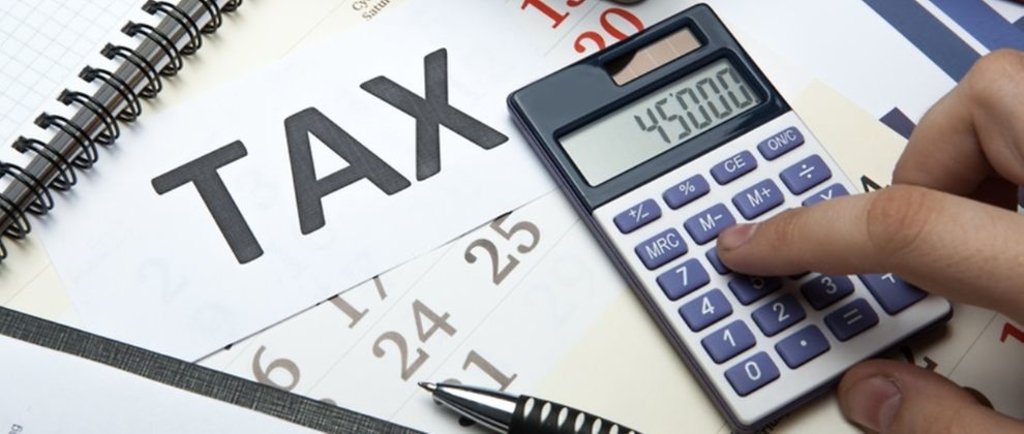If you run a business in Nigeria, you should know that it must pay taxes to the government. This is standard practice across the world. It applies unless your business generates income below a certain threshold, in which case it would be exempted from paying some of those taxes. As an entrepreneur, you’d want to know what business taxes in Nigeria you ought to be paying.
Read more about Business
In this article, we’ll lay out 9 taxes that businesses are expected to file. You must be familiar with them, so you’re aware of which ones you should be deducting from your income. Here they are:
Company Income Tax (CIT)
Company Income Tax is levied on the profits made by companies that operate in Nigeria. It is deducted from the profits they made in the previous financial year. At the time this article is being written, businesses with an annual turnover of ₦25 million or less are exempt from paying CIT. The CIT rate is 20% for companies with a turnover of between ₦25 million and ₦100 million, and 30% for those posting turnovers greater than ₦100 million.
Value Added Tax (VAT)
Value Added Tax is charged on most products and services in Nigeria. The VAT rate is currently set at 7.5%. However, a number of items are “zero-rated”, i.e. they do not attract VAT. These include medical and pharmaceutical products.
Pay as You Earn (PAYE)
PAYE is income tax deducted from employees’ wages or salaries and remitted by their employers to tax authorities. PAYE rates begin at 7% for persons whose annual incomes are less than ₦300,000 and rise to 24% for individuals whose annual incomes exceed ₦3.2 million.
Petroleum Profit Tax (PPT)
This is collected from companies involved in upstream petroleum operations, such as exploration and extraction. Depending on the sort of operations being considered, PPT rates range from 30% (for upstream gas profits) to as much as 60% (the highest headline tax rate for companies in Nigeria’s upstream oil and gas industry).
Sign up for the Connect Nigeria daily newsletter
Capital Gains Tax (CGT)
Capital Gains Tax (CGT) is charged on gains made from the sale of assets such as land, buildings, and shares. CGT is charged at a flat rate of 10% for all gains made from the sale of applicable assets.
Education Tax
Companies incorporated in Nigeria are required to pay 3% of their assessable annual profits as Education Tax. It is payable within 2 months of an assessment notice from the Federal Inland Revenue Service (FIRS). The funds collected by the government via this means are used to support educational development in the country.
National Housing Fund
Nigerian employers make contributions to the National Housing Fund (NHF) on behalf of their employees by deducting 2.5% of their monthly income and remitting it to the Federal Mortgage Bank of Nigeria. Note that NHF contributions are not compulsory for private employees, but may be done voluntarily by establishments in this sector.
National Information Technology Development Levy
This is payable by certain companies with an annual turnover of at least ₦100 million and is charged at 1% of their profit before tax. Businesses to which this levy applies include telecommunications companies, Internet Service Providers (ISPs), pension managers, banks, and insurance companies. Funds generated for the government via this levy are used to support IT development.
Stamp Duty
The stamp duty is charged on documented agreements executed within Nigeria, or on property situated in it. Depending on the type of instrument for which it is charged, it is either set at fixed rates or in proportion to the value of the item being considered. The Stamp Duty rate on the authorized share capital of a newly registered company is 0.75%.
Register to attend the CN Business Mixer
Final Words
This list of business taxes in Nigeria covers remittances and contributions required by law. If you are building a business and want to meet your obligations to the country as an entrepreneur, you’ll need to file these taxes at the appropriate time.
Featured Image Source: Resolution Law Firm
Did you find this article useful? Contact us: [email protected]


